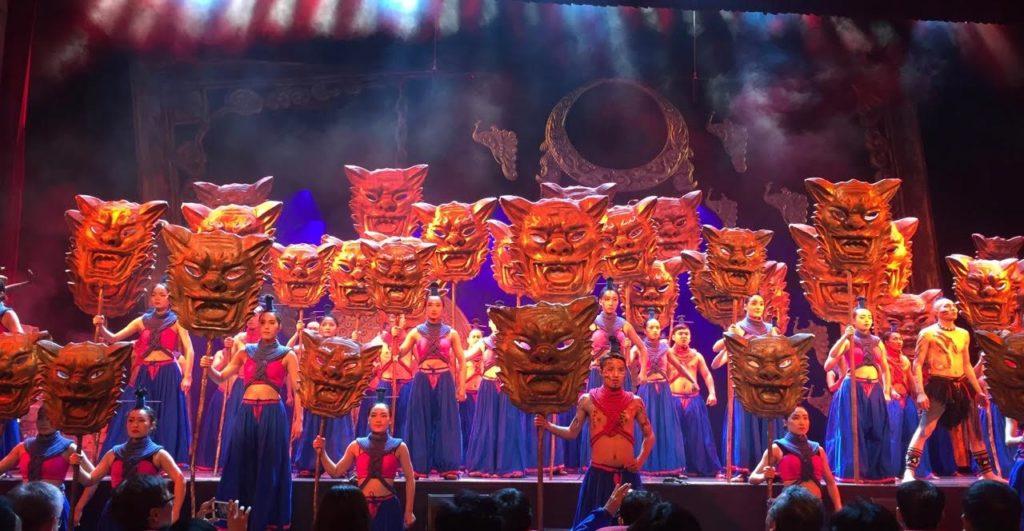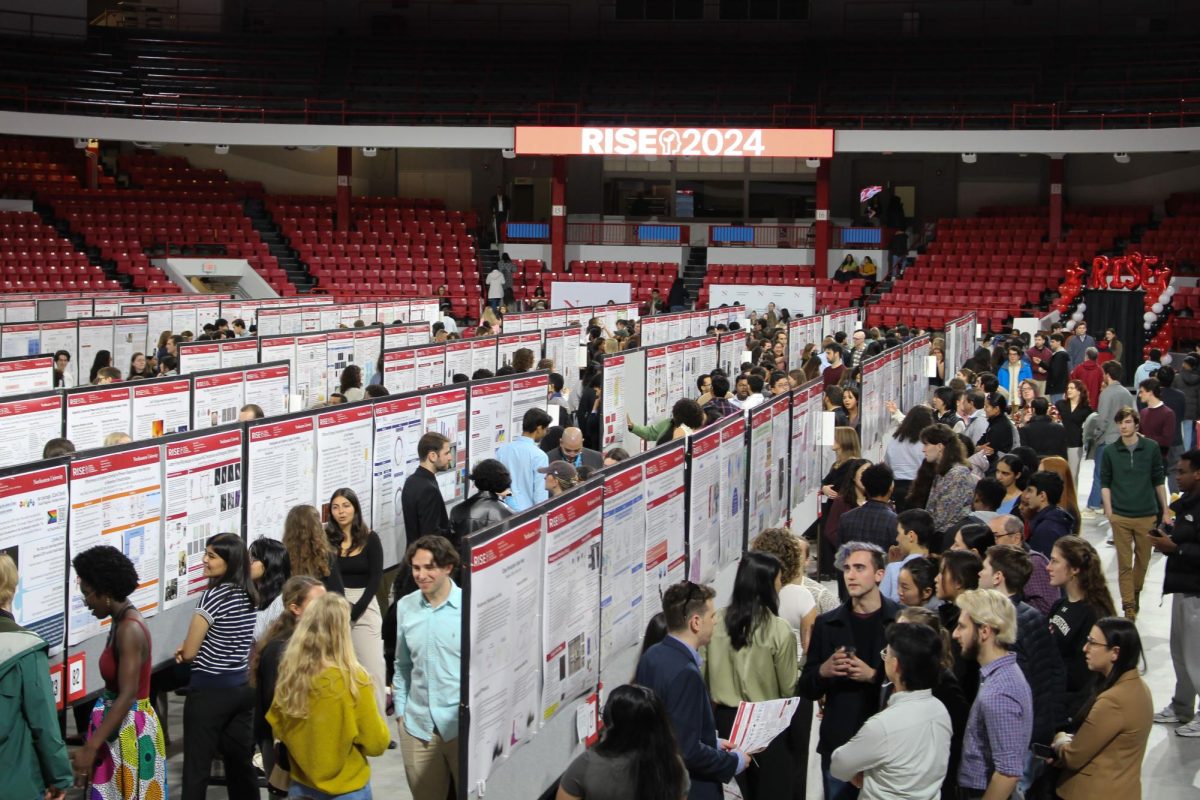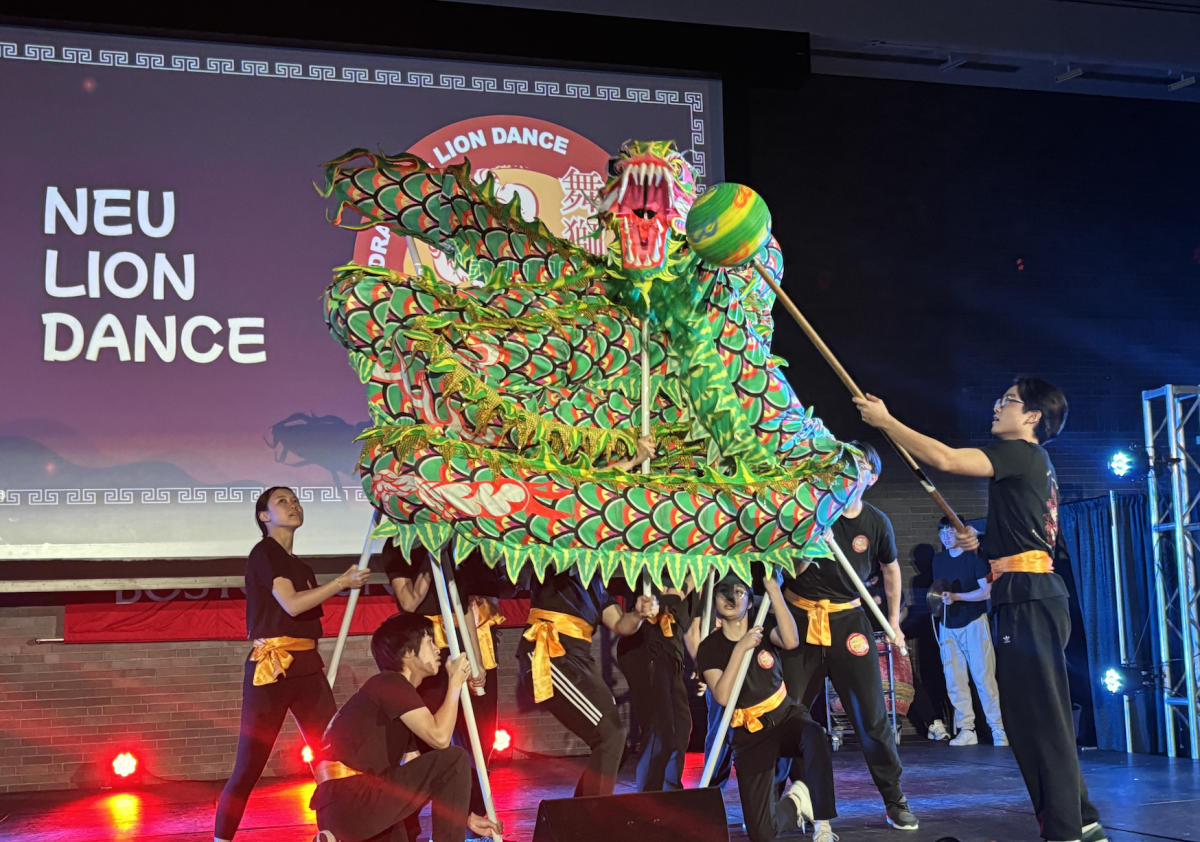By Caroline Boschetto, deputy news editor
Raging fevers, broken feet and visa problems are not mentioned in Northeastern University’s (NU) Dialogue of Civilizations brochures. Despite reporting positive Dialogue experiences overall, some students and staff had to cope with unforeseen issues like these during their times abroad this summer.
Dialogue of Civilizations programs are condensed faculty-led summer study abroad experiences. From researching healthcare in Uganda to studying literature and film in Dublin, students who participated in this year’s Summer I Dialogues had the opportunity to explore diverse cultures and fields of study.
Bach Mai, a freshman majoring in business and finance, went to China on a dialogue to study Chinese language and culture. Mai, an international student from Vietnam, had difficulties obtaining visas to visit Hong Kong and mainland China.
“I had to go back and forth between Boston and New York about four times to apply for my visa, which was pretty troublesome,” Mai said. “Part of the problem was that not a lot of people going on dialogues are like me … I think the school was not very prepared for this situation.”
He also said that he encountered problems after entering China and realizing he had been granted a 30-day instead of a 60-day visa. According to Mai, his language partner, a local Chinese student assigned to help him study language, was crucial to his success in getting an extension.
“With the amount of Chinese that I have I imagine it would have been very hard for me to obtain a visa extension [by myself],” Mai said.
Despite the difficulties, Mai said that he did not feel that these complications compromised his dialogue experience.
“[My visa problem] might have gotten me into a lot of trouble and it could have diminished my experience,” Mai said. “In the end, it kind of enhanced it because I went through so much trouble to get there.”
Freshman international business major Amanda DeMonte was studying religion on an Honors dialogue in Spain when her experience was disrupted by an unexpected virus.
“It was the second week we were in Spain,” DeMonte said. “I actually got really sick and ended up in the hospital and spent the next two weeks sick.”
She said that her fever reached 103 degrees at one point.
“All they gave me was medication to keep my temperature down,” DeMonte said. “I just had to let [the virus] get through my system.”
DeMonte said that her dialogue professor made sure she had excellent treatment and that she was as comfortable as possible.
“It was hard because of the language barrier,” DeMonte said. “I was mainly relying on my professor to be the communicator for me… [She] was on top of it, always checking in on me, and communicating back with the dialogue office.”
While her overall experience in Spain was positive, DeMonte said this obstacle had a large impact on her time abroad.
“It was really hard being sick abroad without my family… I was in a lot of pain,” she said. “I definitely still had a great time on my dialogue and I’m glad I went on it … Anything like this can happen whether you’re abroad or in the states.”
Junior English major Meg Chu said she also experienced struggles while on the language and culture dialogue in China. As a vegan, she said she found it hard to maintain her strict diet while immersing herself in the local culture.
“I feel like I had to make a lot of sacrifices in my vegan lifestyle,” Chu said. “Even if I asked if something had pork fat in it… I always felt like I was risking something because I was never entirely certain if what I was eating was actually vegan.”
Chu said that cultural differences between China and America made it difficult for her to explain her dietary restrictions to locals.
“[My roommate’s friend] took us to this really fancy hot pot restaurant but I couldn’t eat anything there so she had to walk around with me for a half hour to find something I could eat,” Chu said. “I felt embarrassed and rude.”
However, Chu said that she went into the dialogue anticipating these obstacles.
“The tour guide was amazing at the end when he gave us an entire vegetarian table every time we went out to lunch,” Chu said. “We went out to a lot of restaurants before that and I and even the vegetarians ate almost nothing. We ate rice because we couldn’t eat the rest of the food.”
Freshman interaction design major Sharon Chan said she encountered an issue on her photography and design dialogue in Germany as well. She said that, after missing a birth control pill, she had to figure out how to get emergency contraception without being able to speak German.
“It wasn’t difficult to get the [emergency contraception] because my friend was German,” Chan said. “He was able to speak to the people at the apotheke [pharmacy] and it was cheap, only 15 euros.”
She said that the language barrier made her feel vulnerable.
“It was a little embarrassing since I didn’t speak German and they were conversing in German,” Chan said. “I was kind of out of the loop.”
She said that she thinks NU should do a better job of addressing sexual health on dialogues.
“If my German friend wasn’t there I don’t know what I would’ve done,” Chan said.
Rachel Louis, a fourth year NU Ph.D. student studying English, also traveled on this summer’s China dialogue as a teaching assistant (TA). She too experienced unexpected challenges on the trip after breaking her foot on a night run three weeks into the program.
“I’d been so careful about keeping up my health and eating carefully while I adjusted to Chinese food, so breaking my foot was a big surprise and challenge,” Louis told the News in an email.
She said that the fact that this injury happened while abroad made the circumstance more difficult.
“I think limited mobility can be hard anywhere, but I was navigating a new language and job at the same time,” Louis wrote. “At times it felt like I couldn’t speak, walk or support students as well as I wanted.”
She wrote that her injury altered the way she approached her job as a TA.
“I did a lot more advising and grading from my room and missed some strenuous activities, but I also gained a lot of perspective on ability and difference that I hope I used on the job,” Louis wrote. “As for the country, I think it’s fair to say I saw less of it, but what I did see I studied more carefully.”
According to Louis, those around her were very accommodating of her broken foot.
“I also received a lot of kindness from Chinese and American students, university officials and strangers on the street, which is a different way of seeing the country,” she wrote.
Despite encountering challenges on their trips, the students and staff member interviewed by the News on this topic all said that they would participate in another dialogue.
Louis said that her time in China was “really lovely,” broken bones aside.
“I had a unique experience, but I learned a lot about medicine, difference and mobility that I think I could apply if I worked in this area again,” she wrote. “I met so many people that I wouldn’t have known otherwise.”
Photo by Caroline Boschetto


















